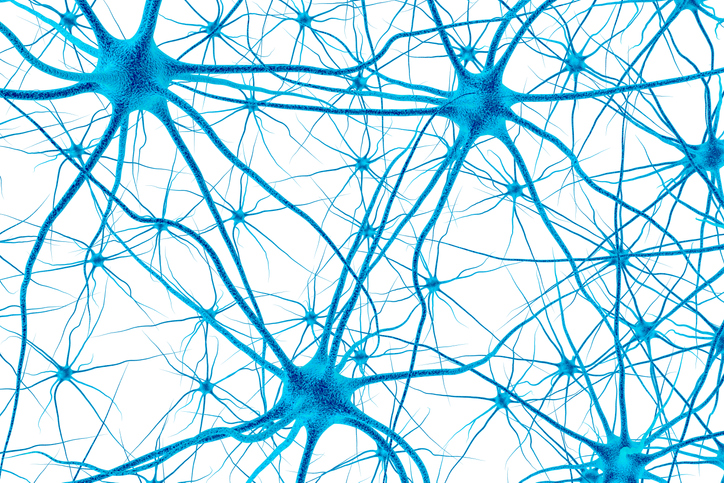Pain
Targeting The GRP160 Gene As A Treatment For Nerve Pain

When part of the nervous system is damaged or starts to malfunction, neuropathic pain or neuropathy can result. Damaged or injured nerves can send incorrect pain signals, resulting in individuals experiencing pain where they usually would not. Many different things, including diabetes, shingles, autoimmune disorders, vitamin deficiencies, injury, infection, and more, can cause neuropathic pain.
Opioids are often used to treat neuropathic pain, and researchers have been searching for alternatives to them as these medications are potentially addictive. The National Institute of Health’s HEAL Initiative is working towards finding and testing potential biological targets that could be turned into non-opioid-based medicines to treat neuropathic pain.
Scientists involved in the HEAL Initiative have recently identified the GPR160 gene. This gene becomes active and produces a protein when animals, such as rats, experience neuropathic pain. The scientists used RNA silencing to stop the GPR160 gene from expressing the protein it creates during episodes of neuropathy. This method was tested on rats, and as a result, they no longer exhibited any reaction to their neuropathic pain with no other noticeable side effects.
This research suggests a promising future treatment for neuropathic pain. However, more testing and clinical trials will be needed to ensure its safety and efficacy.

















